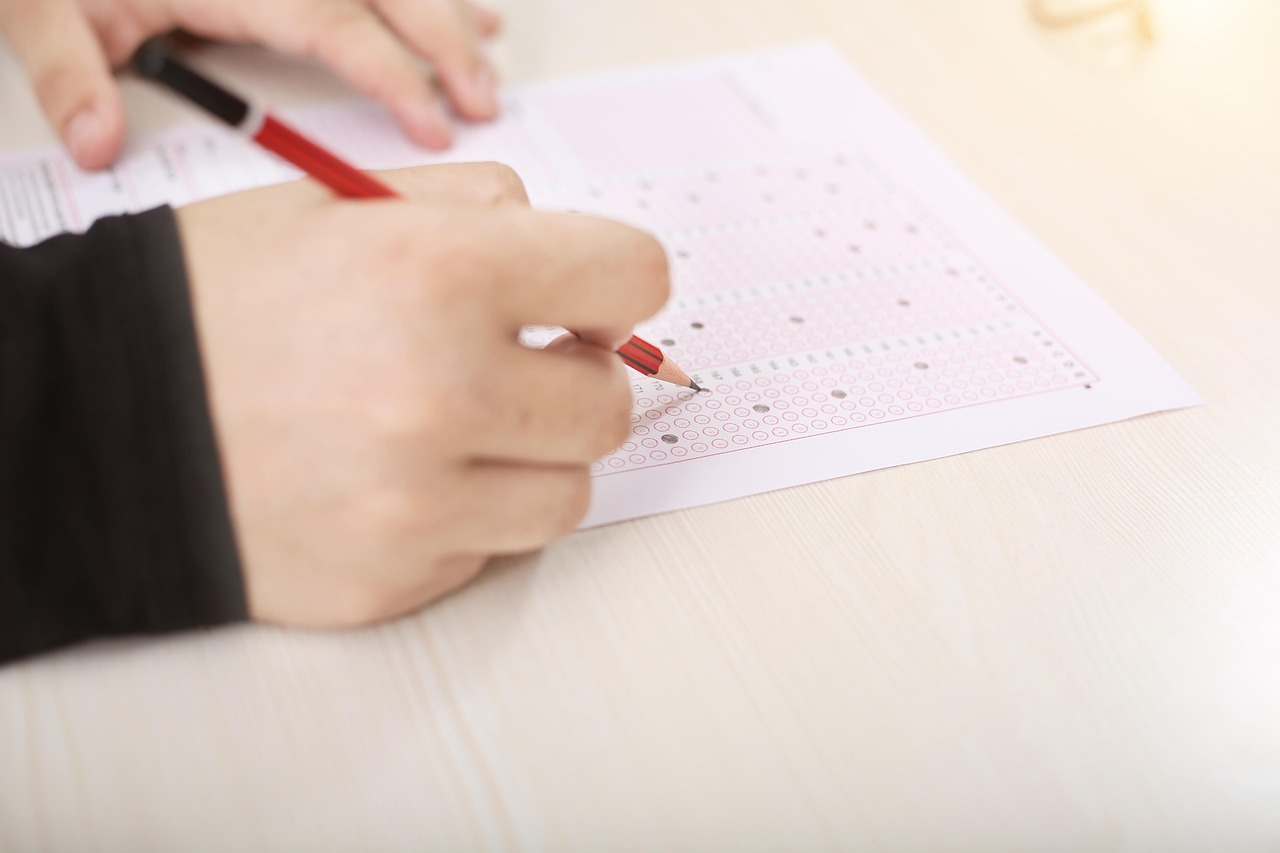Applying for grammar school places is a big decision for any family — and one of the most frequent questions we’re asked by parents is: When should my child start preparing for the 11Plus? The simple answer is: the earlier you plan, the smoother the journey. But let’s break it down clearly.
The 11Plus Exam in Slough
The Slough Consortium Grammar Schools (Herschel, Langley, St Bernard’s, and Upton Court) use the GL Assessment 11+ exam. It typically covers:
• Verbal Reasoning
• Non-Verbal Reasoning
• Mathematics
• English comprehension and skills
The exam is usually taken in September of Year 6. That might feel like plenty of time, but good preparation is a steady, staged process — not a last-minute sprint.
Ideal 11+ Preparation Timeline
Year 4 (Spring onwards): Laying Strong Foundations & Light Familiarisation
- Introduce verbal and non-verbal reasoning puzzles
- Begin short, timed exercises in English and Maths
- Encourage regular reading and vocabulary-building
At this point, some families choose to have a baseline assessment to identify strengths and areas for development.
Year 5: Focused 11+ Preparation
This is the most important year for exam preparation:
- Structured weekly tutoring or home practice
- Past paper practice in verbal reasoning, non-verbal reasoning, maths, and English
- Build exam techniques: timing, multiple-choice skills, avoiding careless mistakes
- Regular mock exams (termly) to track progress and reduce nerves
Ideally, tuition should start by the end of Year 4 or the start of Year 5 to comfortably cover all content.
Year 6 (Autumn): Final Revision & Exam
- Focus on confidence, timing, and revision of weak areas
- Take a couple of mock exams under timed conditions
- Taper practice in the final weeks to avoid burnout
- Sit the Slough Consortium exam (usually early September)
Why Starting Early Matters
- The 11+ isn’t based on school curriculum alone — it tests skills like verbal reasoning and non-verbal reasoning that many state primary schools don’t cover.
- Early preparation reduces pressure and allows time to address weaker topics without stress.
- Children develop confidence gradually, making exam day feel like just another practice session.
Expert Tips
Start earlier than you think you need to. Even gentle, fun reasoning puzzles and regular reading at a young age make a real difference by the time formal preparation begins.





